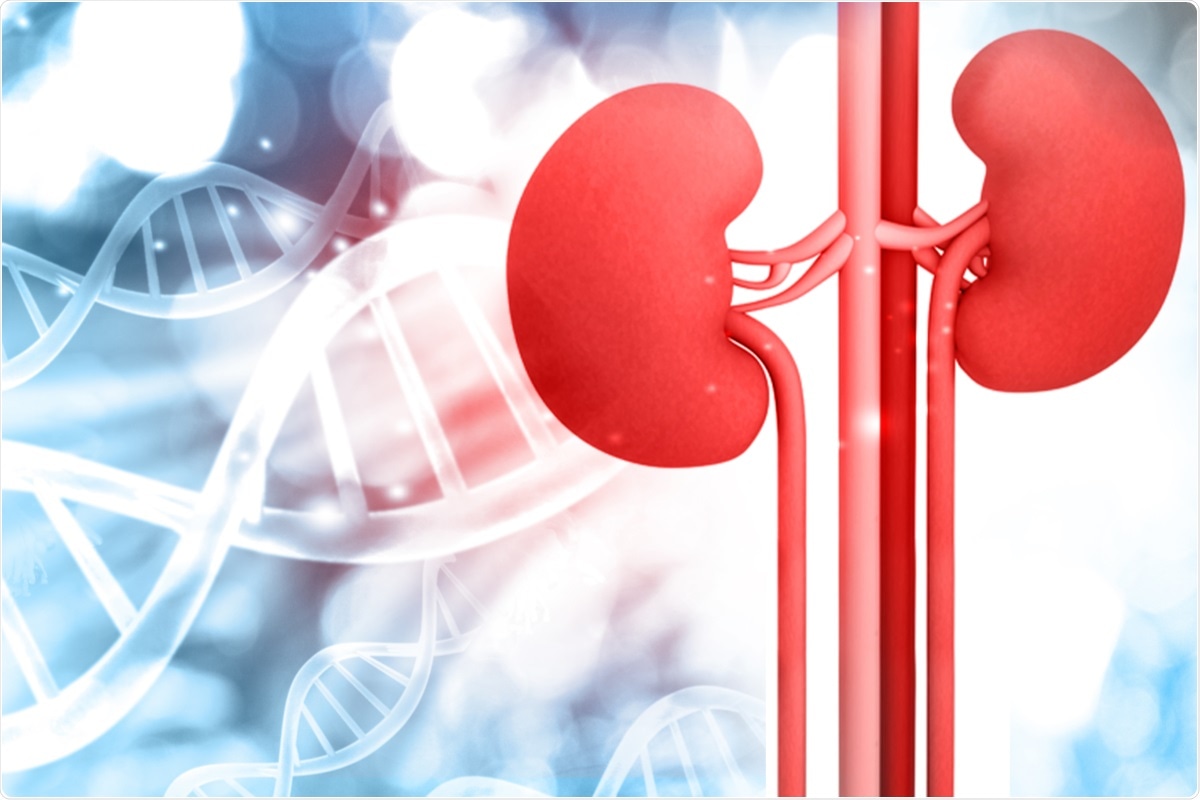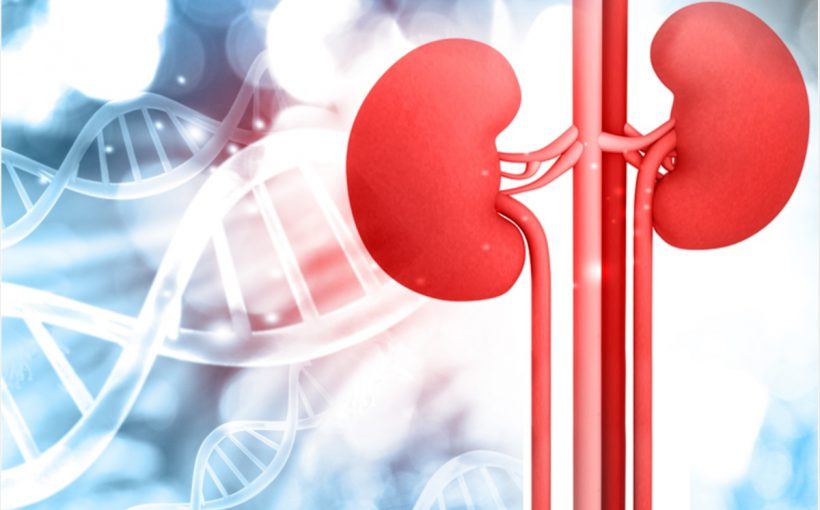Immunocompromised patients are at a high risk of severe coronavirus disease 2019 (COVID-19) and also respond poorly to vaccination with available COVID-19 vaccines.
An interesting new Transplantation Proceedings study reports that a third dose of the Pfizer messenger ribonucleic acid (mRNA) BNT162b2 vaccine produces high levels of anti-spike immunoglobulin G (IgG) antibodies, even when the individual has failed to show evidence of seroconversion after two doses.

Study: Humoral Response to The Third Dose Of SARS-Cov-2 Vaccine in Kidney Transplant Recipients. Image Credit: bluebay / Shutterstock.com
Introduction
Solid-organ transplant (SOT) patients are at a high risk of severe or fatal illness due to COVID-19 and have been prioritized for vaccination. However, most of these patients do not respond adequately to COVID-19 vaccines, even after two doses, with low levels of humoral and cellular immune responses.
To counter this, a third dose was recommended for these patients. This has been reported to produce an immune boost without obvious acute or serious adverse effects when given within three months of the second dose.
The current study assesses the antibody response to the third dose of the Pfizer vaccine when given six months from the second dose in a kidney transplant patient population. The scientists also looked at the baseline distribution of the cellular immune response among these recipients as compared to healthy controls.
Study findings
A total of 130 kidney transplant recipients (KTR) who had received transplants between January 1, 1996, and May 1, 2021, were included in the current study. Less than 10% of these study participants had multiple transplants.
While 16 had received two doses of the vaccine prior to transplantation, the others received it afterward. All individuals received the third dose after transplantation.
All transplants occurred three or more months before vaccination. The third booster dose was not associated with any safety events, including acute rejections, allergic reactions, or neurological events over the next 1.5 months.
60% of KTR did not seroconvert, as shown by tests taken immediately before the third dose. The median anti-spike IgG levels in this group were 35 AU/mL as compared to 687 AU/mL in the control group. This was due to the large proportion of seronegative samples, with the median among the seropositive KTR alone being about 190 AU/mL as compared to 709 AU/mL among seropositive controls.
Of the 78 seronegative KTR, 47 (60%) seroconverted after the third dose and developed significant levels of anti-spike IgG. This led to a 76% rate of seroconversion with three doses as compared to 40% after two.
After the third dose, antibody titers rose to a median of about 1,300 and 28,000 in the study participants and controls, respectively. Thus, the immune response was an order of magnitude higher in immunocompetent controls.
The primary risk factors for a poor immune response included increasing age, which was associated with a 5% higher risk of seroconversion failure per year, low baseline antibody titers before the third dose, and lymphopenia. Younger patients were more likely to benefit from the third dose with a higher rise in antibody titers, while those above 60 years showed a markedly lower humoral response.
Functional CD4 T-cells were significantly higher by mean percentage, as evaluated by the expression of tumor necrosis factor (TNF)-α and interferon (IFN)-γ. TNF-α levels were also associated with the average increase in antibody titers after the third booster dose. Interestingly, neither KTR nor controls showed a significant CD8 T-cell response.
Implications
Earlier research has shown that antibody- and cell-mediated immunity to the COVID-19 vaccines is reduced in KTR. In the current study, a third booster dose of the Pfizer mRNA vaccine immediately led the greater antibody titers as compared to those before the third dose.
Notably, a 40% seroconversion rate was reported after two doses, which was comparable to 97% of controls; however, the seroconversion rate in KTR rose to 76% by a third booster dose. This is supported by recent research which shows that as immunity wanes over time, breakthrough infections become more common.
Despite this, and even though the third dose did not raise the antibody levels anywhere near those achieved by immunocompetent controls, cell-mediated immunity led to a better outcome.
The study also confirmed the poor antibody response with advancing age, regardless of whether the individual was exposed to the virus through natural infection or through vaccination. Unlike other studies, the extent of immunosuppression was not linked to the seropositivity rates, perhaps because “the lower titer of antibody before the booster has a strong statistical significancy which overcome other clinical parameters related to it.”
A third dose of BNT162b2 mRNA vaccine in kidney recipients is safe, and effectively results in increased IgG anti-S levels, including in individuals who were seronegative after two doses.”
- Grupper, A., Rabinowich, L., Ben-Yehoyada, M., et al. (2022). Humoral Response to The Third Dose Of SARS-Cov-2 Vaccine in Kidney Transplant Recipients. Transplantation Proceedings. doi:10.1016/j.transproceed.2022.02.011. https://www.sciencedirect.com/science/article/pii/S0041134522001646#.
Posted in: Medical Research News | Medical Condition News | Disease/Infection News | Pharmaceutical News
Tags: Antibodies, Antibody, CD4, Cell, Coronavirus, Coronavirus Disease COVID-19, Immune Response, immunity, Immunoglobulin, Immunosuppression, Interferon, Kidney, Kidney Transplant, Lymphopenia, Necrosis, Research, Ribonucleic Acid, SARS-CoV-2, T-Cell, Transplant, Tumor, Tumor Necrosis Factor, Virus

Written by
Dr. Liji Thomas
Dr. Liji Thomas is an OB-GYN, who graduated from the Government Medical College, University of Calicut, Kerala, in 2001. Liji practiced as a full-time consultant in obstetrics/gynecology in a private hospital for a few years following her graduation. She has counseled hundreds of patients facing issues from pregnancy-related problems and infertility, and has been in charge of over 2,000 deliveries, striving always to achieve a normal delivery rather than operative.
Source: Read Full Article
